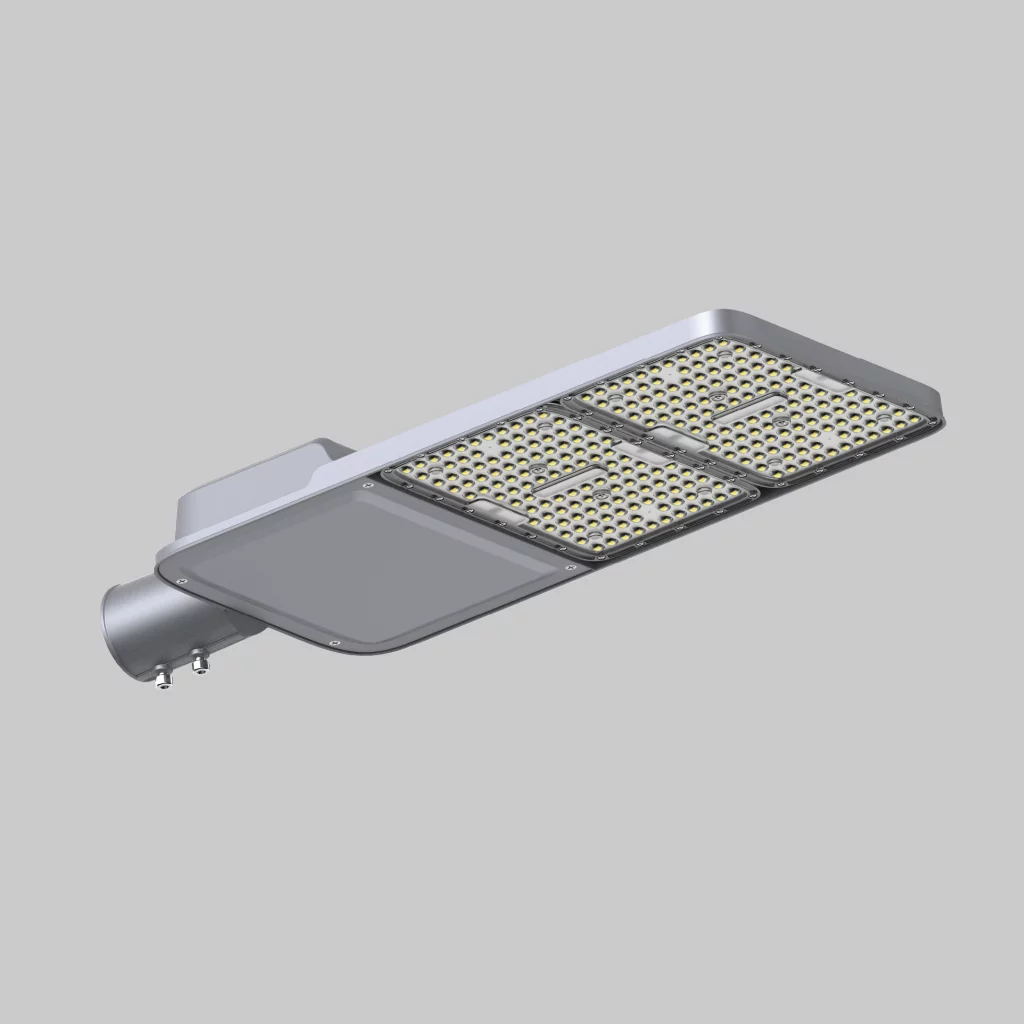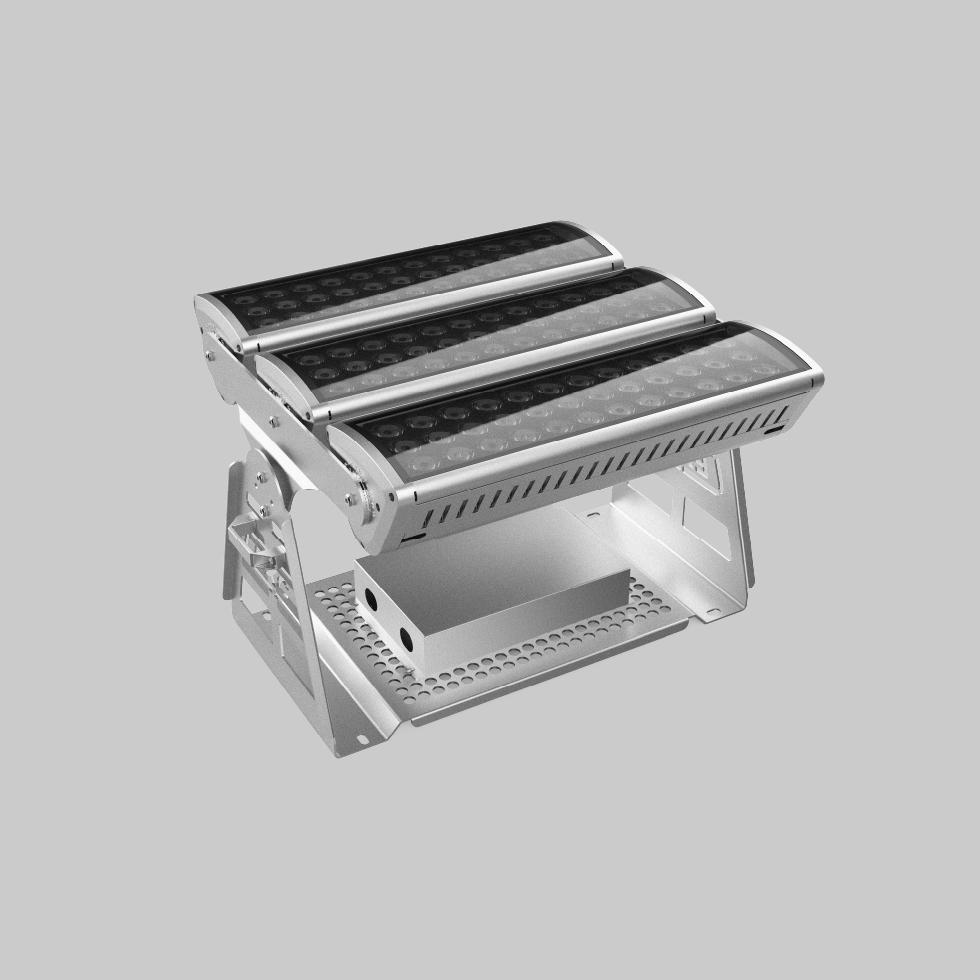Flawless Integration: The Role of Light Modules in Modern Transportation

In a world where logistics costs can account for up to 30% of the total supply chain expenses, the efficiency and effectiveness of transportation methods have never been more critical. Enter light modules—an innovative solution that is transforming how we approach shipping and delivery.
The Essential Characteristics of Light Modules
Light modules are compact, energy-efficient lighting solutions designed for various applications, including street lighting and industrial use. Their lightweight nature significantly reduces transportation costs while enhancing installation flexibility. In terms of supply chain management (SCM), these attributes allow companies to optimize their logistics by minimizing weight-related shipping fees and maximizing space utilization within transport vehicles. This not only streamlines operations but also contributes to sustainability efforts by reducing carbon footprints associated with heavy shipments.
The Street Light Company’s Approach to Supply Chain Management with Light Modules
A leading player in this arena is the street light company, which has effectively integrated light modules into its supply chain strategy. By leveraging these advanced lighting systems, they have enhanced their operational efficiency through reduced shipment weights and improved inventory turnover rates. Furthermore, their ability to source materials locally allows them to minimize lead times while maintaining high-quality standards across all products—a crucial factor in today’s fast-paced market environment.
EXC Lighting’s Distinctive Features in Supply Chain Management
EXC Lighting exemplifies excellence in SCM through several key characteristics:
- Modular Design: Their light modules are designed for easy assembly and disassembly, allowing for efficient packing during transit.
- Sustainability Focus: EXC prioritizes eco-friendly materials that reduce environmental impact throughout the product lifecycle.
- Diverse Applications: These versatile light modules cater to various sectors—from urban infrastructure projects to residential developments—enhancing market reach.
- Tight Inventory Control: Advanced tracking systems ensure optimal stock levels are maintained without overproduction or excess waste.
- Circular Economy Practices: They actively promote recycling initiatives within their supply chains, further contributing towards sustainable practices.
A Conclusive Overview on Light Modules’ Impact on Supply Chain Management

The integration of light modules into modern transportation frameworks represents a significant advancement in supply chain management strategies. With benefits ranging from cost reduction due to lighter loads to increased operational efficiencies through better inventory control practices, it is clear that these innovations play a pivotal role in shaping future logistics landscapes. As industries continue evolving towards sustainability goals, embracing technologies like light modules will be essential for remaining competitive globally.
